M-CHAT: Autism Questionnaire
The M-CHAT is an expanded American version of the original CHAT from the U.K (Baron-Cohen et al., 1992; 1996). The M-CHAT has 23 questions using the original nine from the CHAT as its basis. The goal of the ongoing M-CHAT research is to demonstrate adequate psychometric properties of the M-CHAT (sensitivity, specificity, positive and negative predictive power).
- Clinical use should proceed with caution, given that the current
scoring system is designed to maximize sensitivity (i.e., identify as
many children with autism spectrum disorders as possible), which
results in a number of false positive cases (i.e., children who will
not be diagnosed with an autism spectrum disorder, although they fail
the M-CHAT). Once cross-validation of the M-CHAT iscomplete, the
scoring may be revised. - The M-CHAT is not designed to detect all possible developmental
disorders. Any parents who have concerns about their child should see
their child’s physician, regardless on the child’s score on the M-CHAT.
The Questionnaire
try to answer every question. If the behavior is rare (e.g., you’ve
seen it once or twice), please answer as if the child does not do it.
2. Does your child take an interest in other children? Yes____ No____
3. Does your child like climbing on things, such as up stairs? Yes____ No____
4. Does your child enjoy playing peek-a-boo/hide-and-seek? Yes____ No____
5. Does your child ever pretend, for example, to talk on the phone or
take care of dolls, or pretend other things? Yes____ No____
6. Does your child ever use his/her index finger to point, to ask for something? Yes____ No____
7. Does your child ever use his/her index finger to point, to indicate interest in something? Yes____ No____
8. Can your child play properly with small toys (e.g. cars or bricks)
without just mouthing, fiddling, or dropping them? Yes____ No____
9. Does your child ever bring objects over to you (parent) to show you something? Yes____ No____
10. Does your child look you in the eye for more than a second or two? Yes____ No____
11. Does your child ever seem oversensitive to noise? (e.g., plugging ears) Yes____ No____
12. Does your child smile in response to your face or your smile? Yes____ No____
13. Does your child imitate you? (e.g., you make a face-will your child imitate it?) Yes____ No____
14. Does your child respond to his/her name when you call? Yes____ No____
15. If you point at a toy across the room, does your child look at it? Yes____ No____
16. Does your child walk? Yes____ No____
17. Does your child look at things you are looking at? Yes____ No____
18. Does your child make unusual finger movements near his/her face? Yes____ No____
19. Does your child try to attract your attention to his/her own activity? Yes____ No____
20. Have you ever wondered if your child is deaf? Yes____ No____
21. Does your child understand what people say? Yes____ No____
22. Does your child sometimes stare at nothing or wander with no purpose? Yes____ No____
23. Does your child look at your face to check your reaction when faced with something unfamiliar? Yes____ No____
M-CHAT Scoring Instructions
2. NO
3. No
4. No
5. No
6. No
7. NO
8. No
9. NO
10. No
11. Yes
12. No
13. NO
14. NO
14. NO
15. NO
16. No
17. No
18. Yes
19. No
20. Yes
21. No
22. Yes
23. No

 Македонски
Македонски


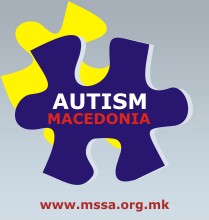
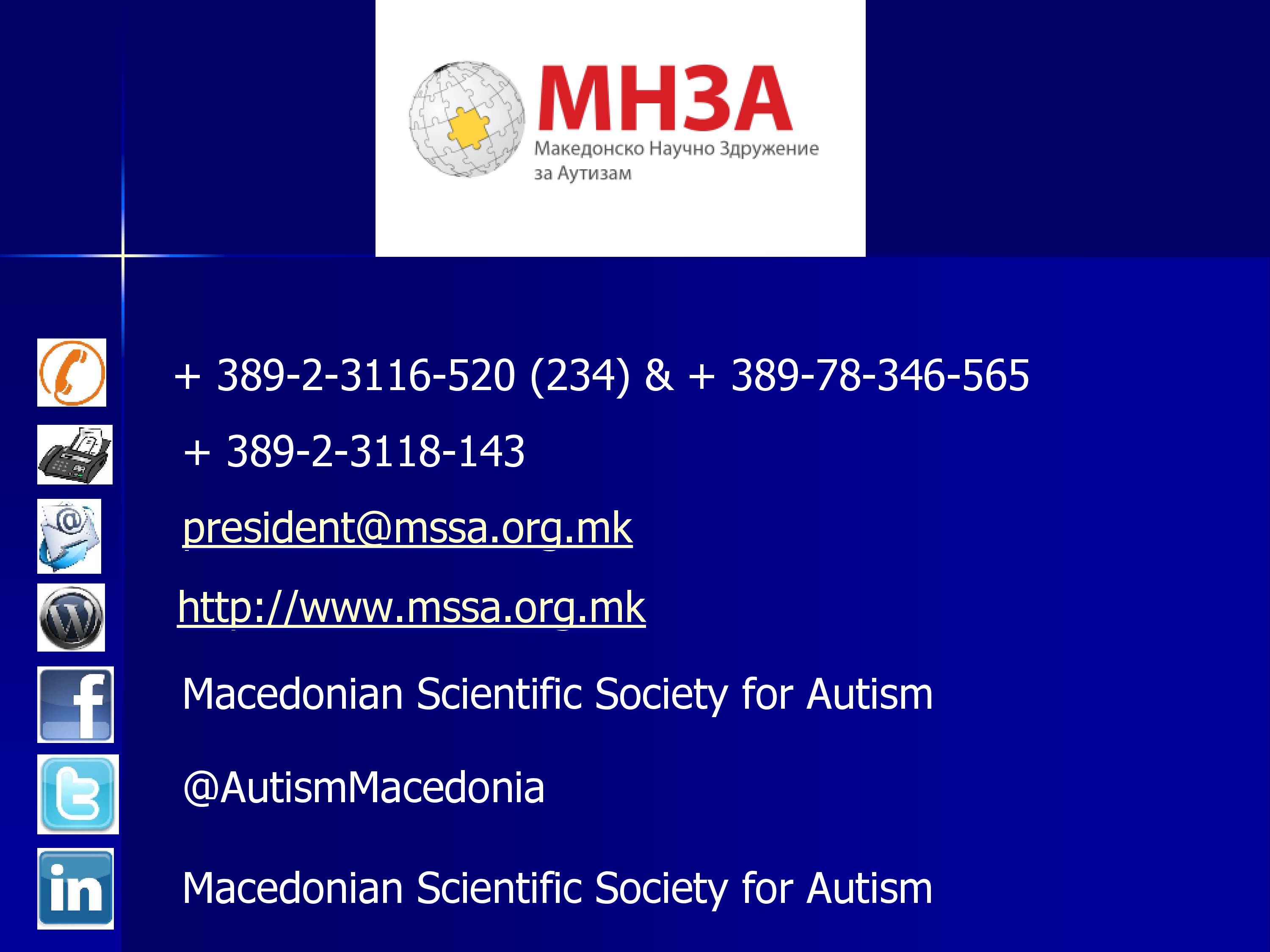

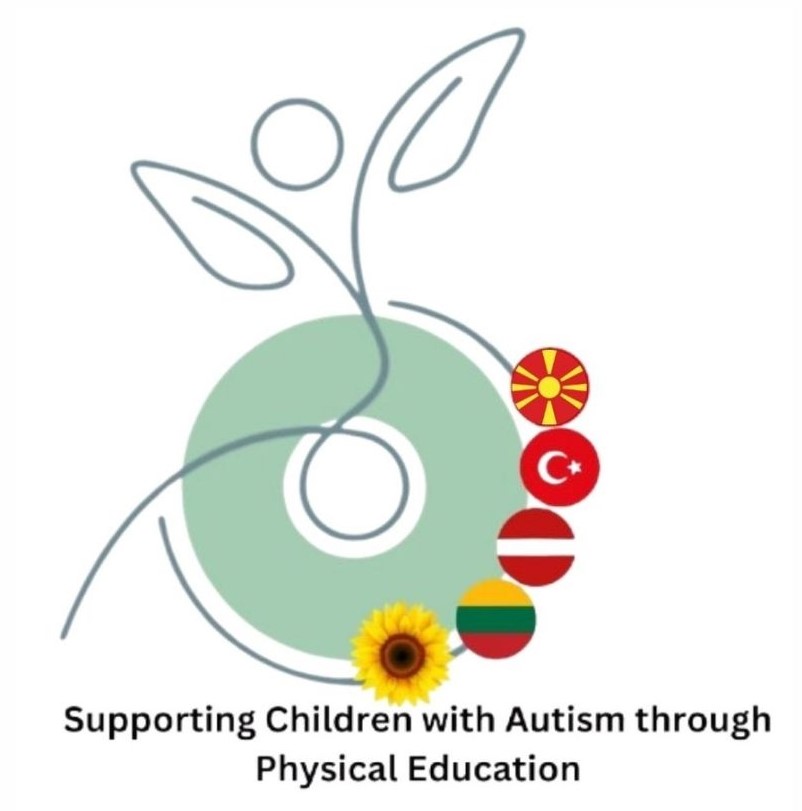
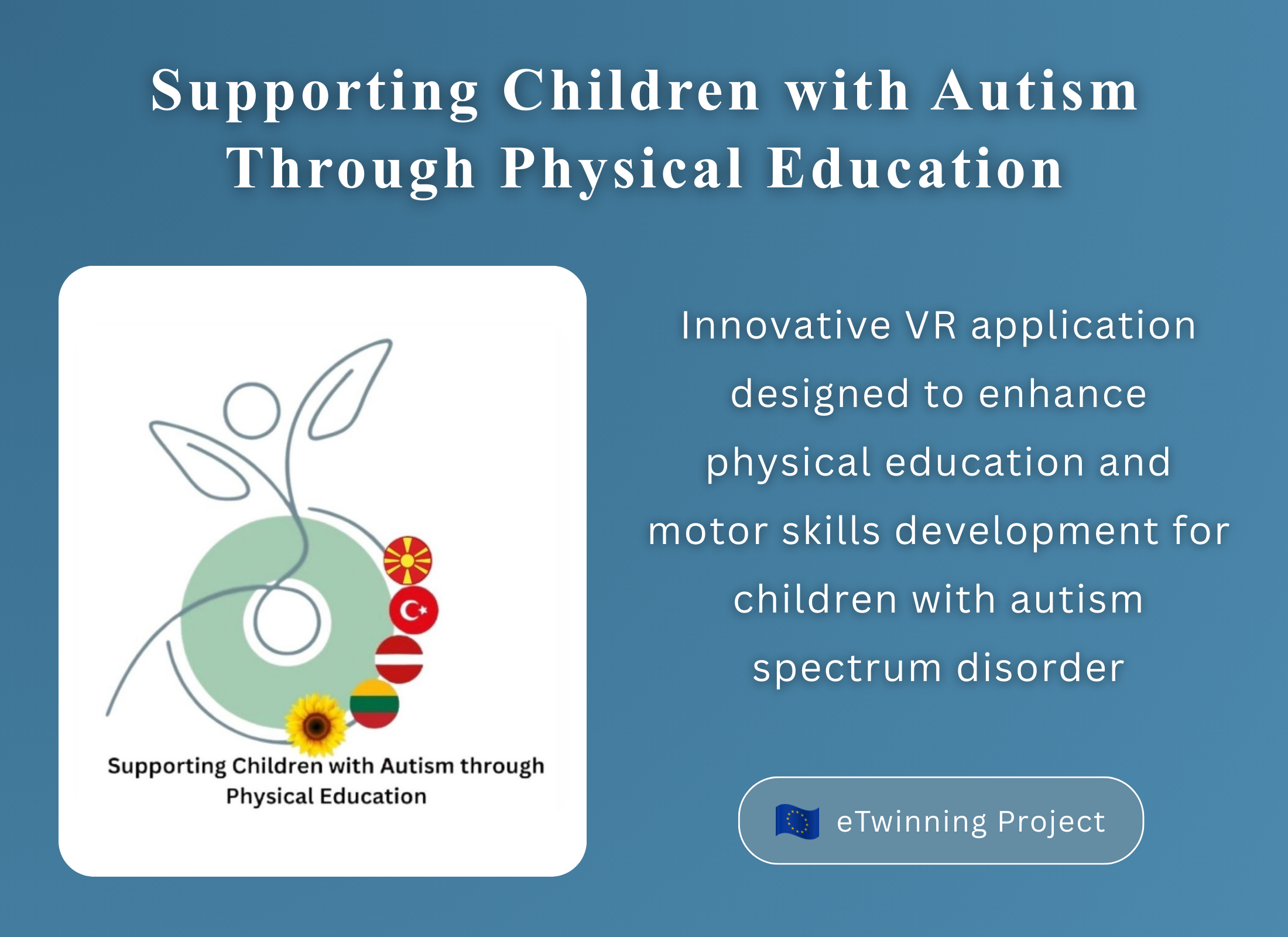
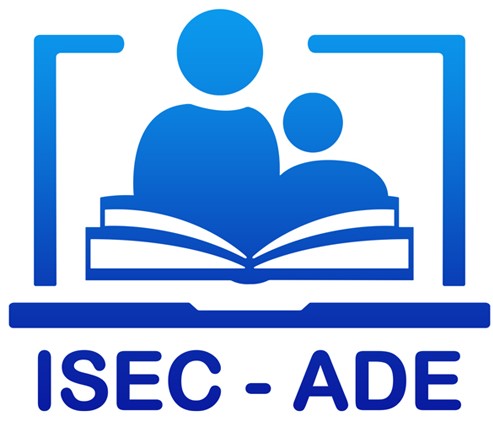
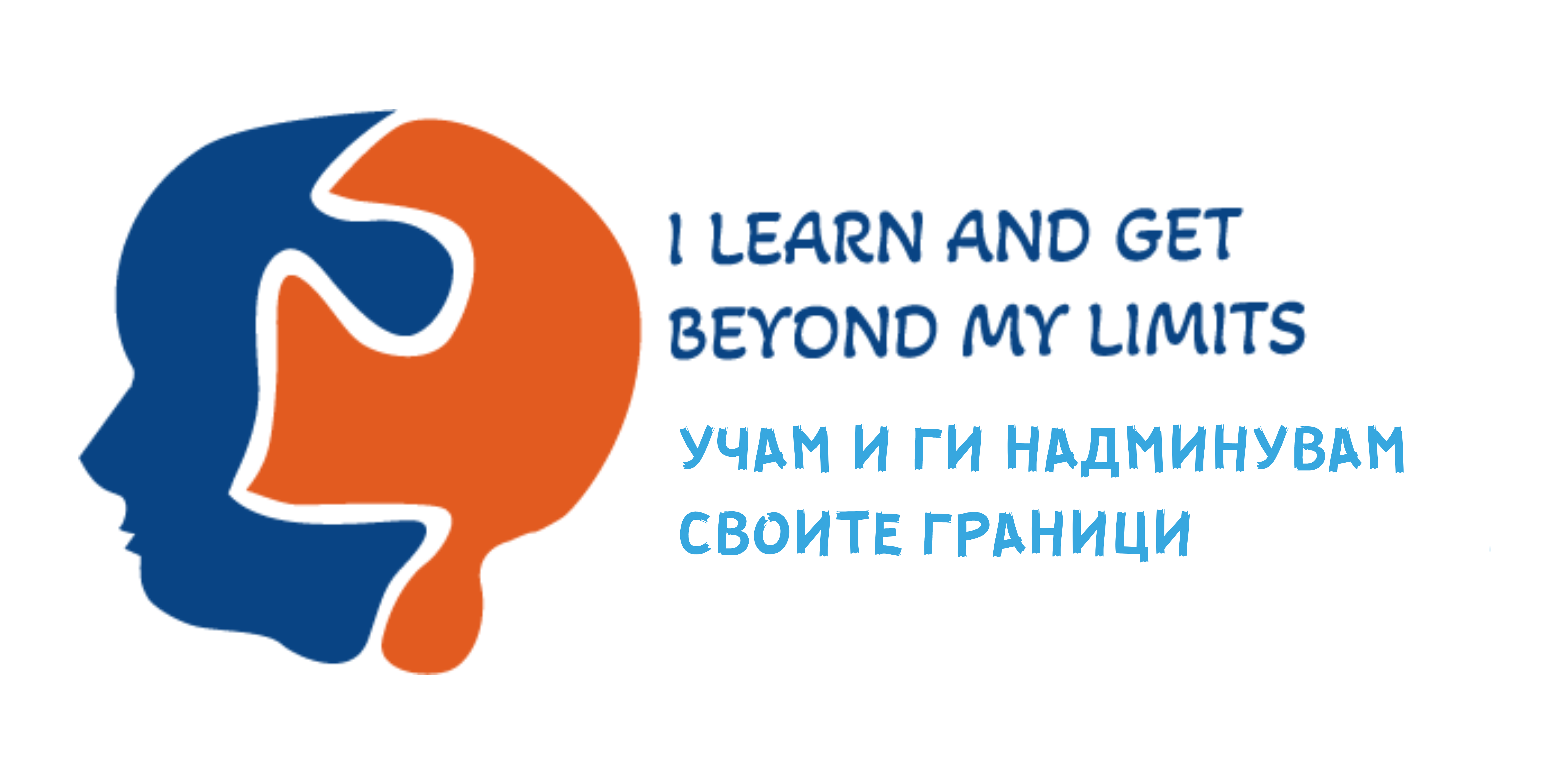
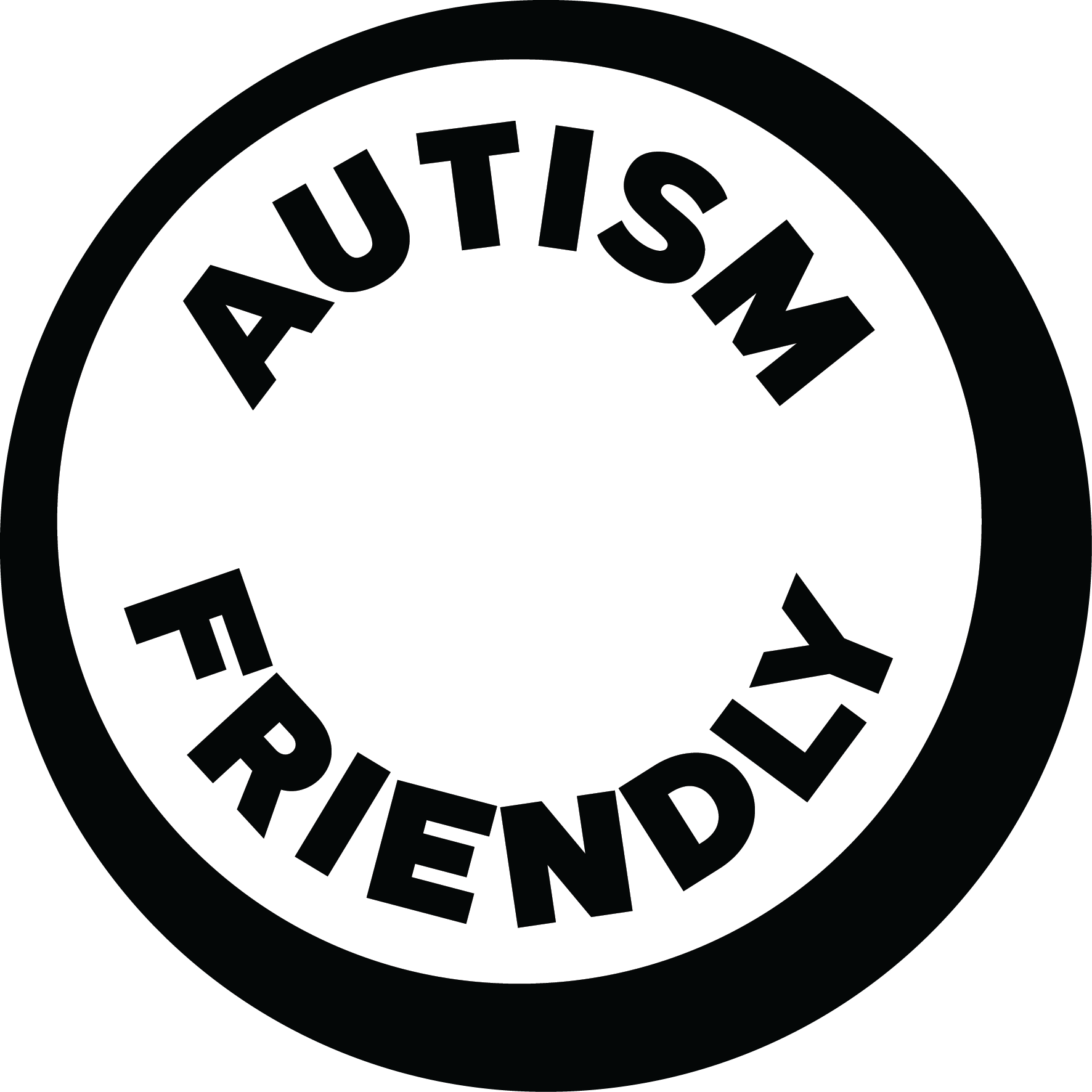
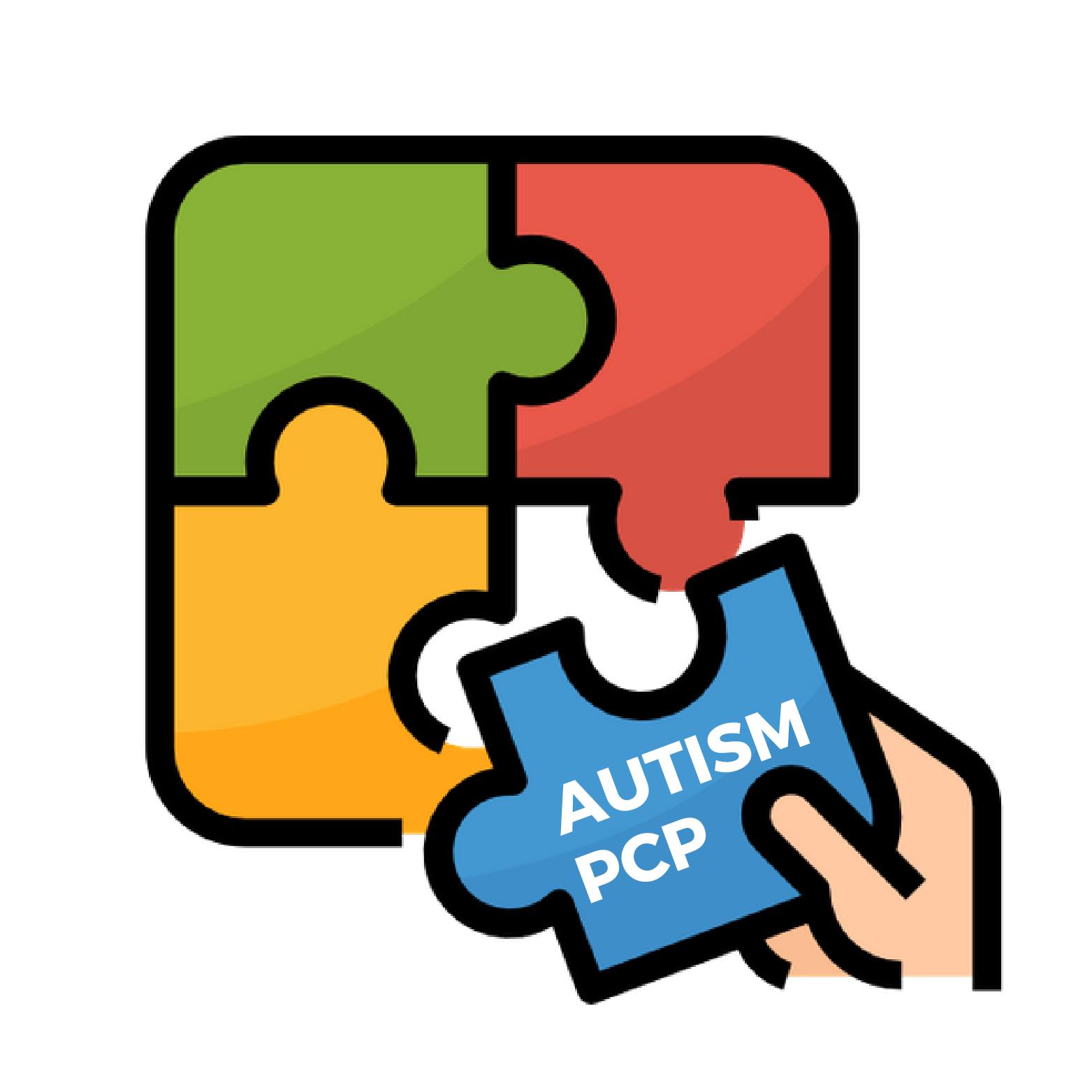
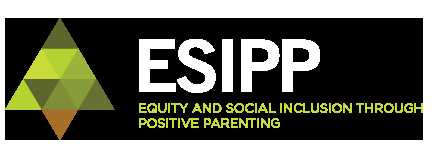
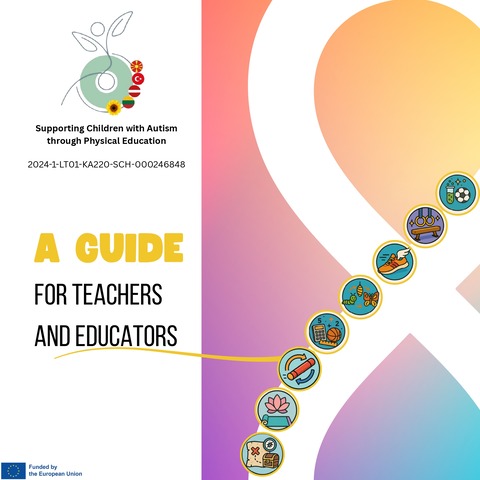
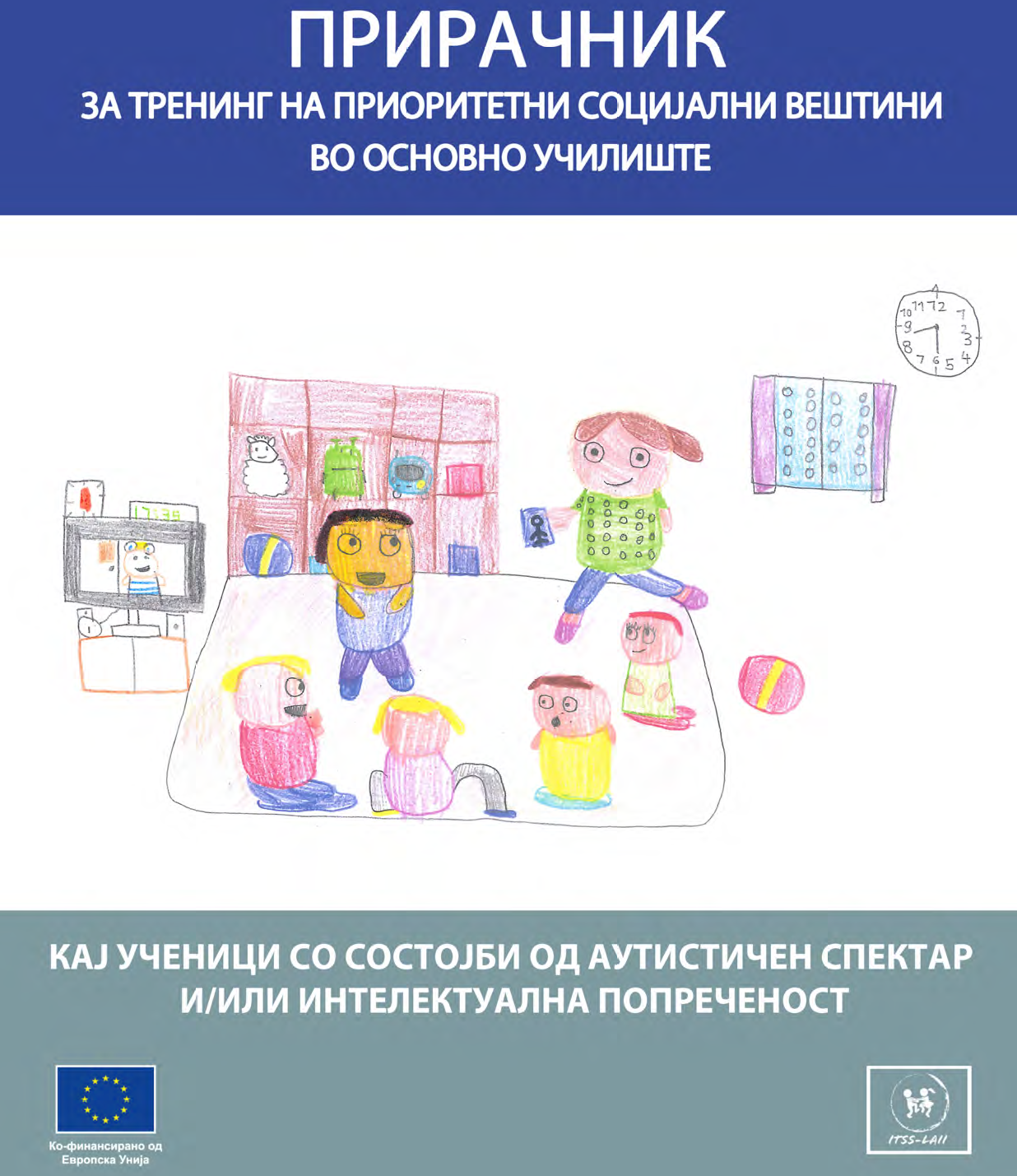
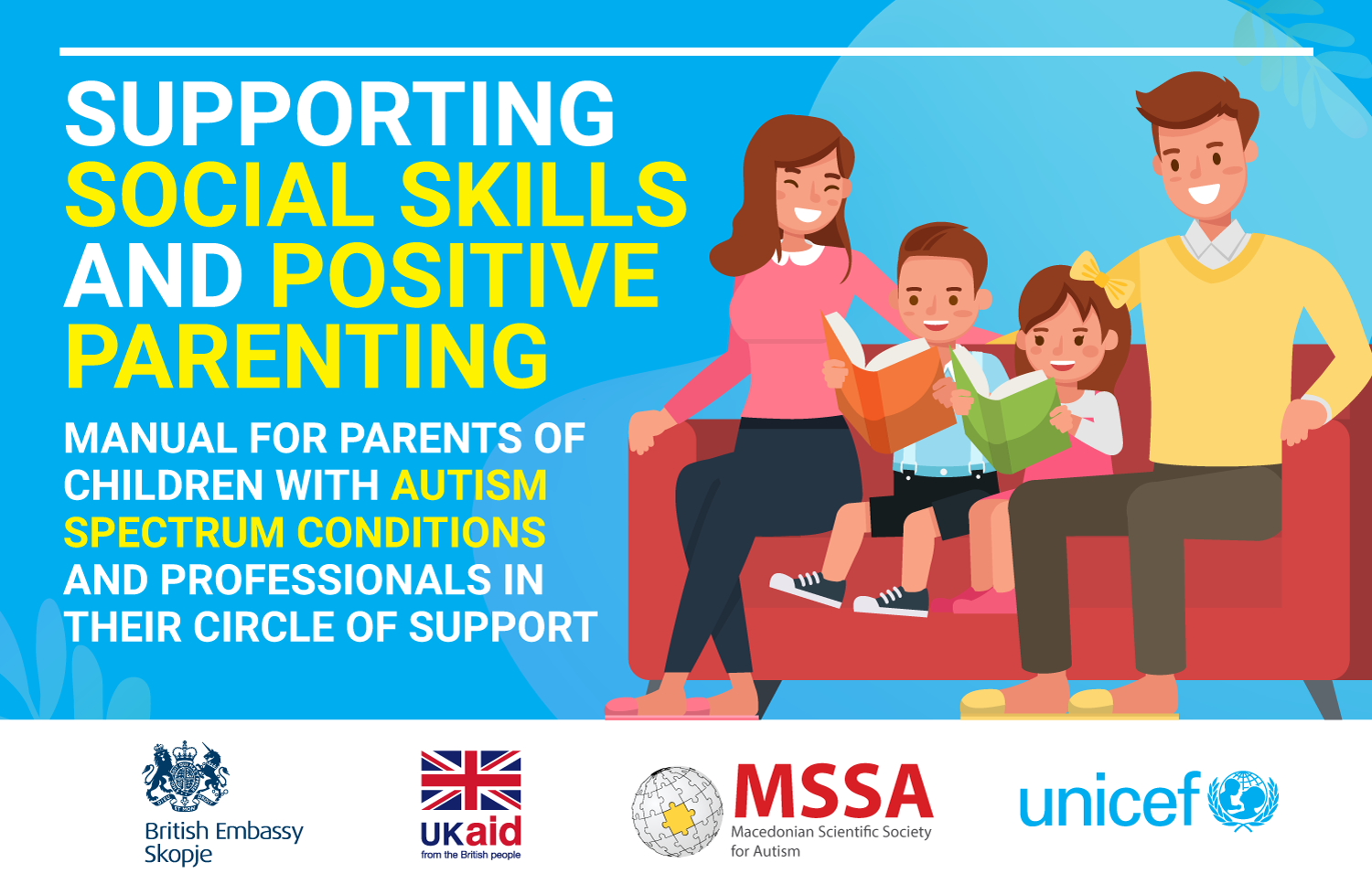
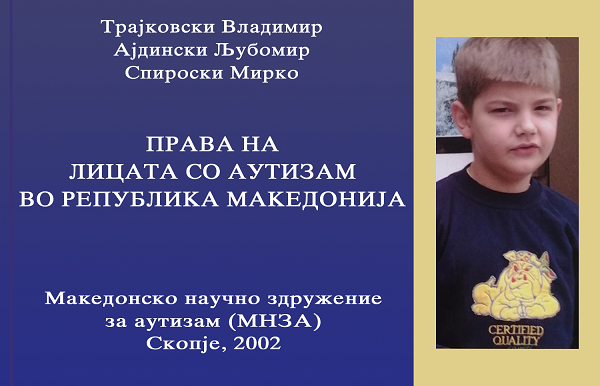
















 Users Today : 765
Users Today : 765 This Month : 22430
This Month : 22430 Total Users : 1805992
Total Users : 1805992 Views Today : 1894
Views Today : 1894 Total views : 6545675
Total views : 6545675